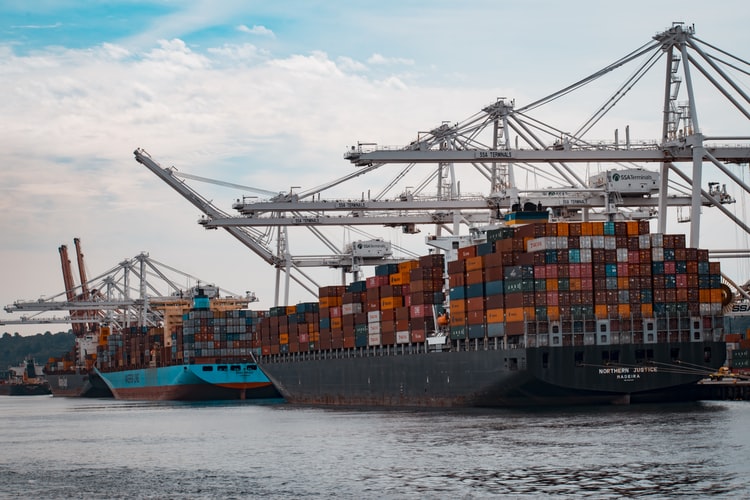
Insights Provided by Victor Restis
The topic of sustainability was an ongoing conversation across many industries but the COVID-19 pandemic pushed it into overdrive. Sustainability programs are rooted in any company’s survival, and to remain competitive, companies must place a reasonable number of resources into increasing sustainability practices. COVID-19 has pushed sustainability into the hot topic zone especially how it ties into globalization and climate change. This article addresses sustainability in the international shipping and trade industry and provides commentary by Victor Restis, president of Enterprises Shipping and Trade.
The shipping and trade industry is, and has been, a massive user of fossil fuels to transport supplies and materials around the world. It is good to know that the leading transportation companies are taking an organizational approach throughout the world and that they’ve set multiple goals of reducing carbon emissions by both 2030 and 2050. The article goes on to discuss specific areas where international shipping and trade companies can make sustainable changes to reach these goals and make key differences to help thwart future pandemics. Several factors such as effective exhaust gas cleaning systems, use of cleaner ballast water, use of alternative fuels, leveraging natural resources for power generation, reducing marine litter, improving ship recycling processes, and slow steaming are all under consideration for changes in cargo shipping vessel sustainability.
Restis comments on research and innovation within the industry as well and how the pandemic has increased this sector. Innovations through research and development are the gold standard in any evolution of practice or trade, and it seems that the shipping industry is taking this from a serious standpoint. Examining new ways to lessen emissions toward the 2030 and 2050 goals is not only a function of any corporate social responsibility program, but it is the “human” thing to do. After all, this is our only planet, and we must protect it for future generations.
Our experience with COVID-19 is proof that we need to be mindful of how industry and commerce interact with our natural environment and resources. I am not a fan of synthetics and would hate to see our most significant natural resources synthesized out of necessity. That is an entirely different discussion on how global companies could monopolize life-sustaining elements and supplies. For now, it looks like Mr. Restis and other international shipping and trade executive have their eye on the ball and are moving in the right direction toward sustainable practices that are environmentally friendly in the shipping and trade industry.


